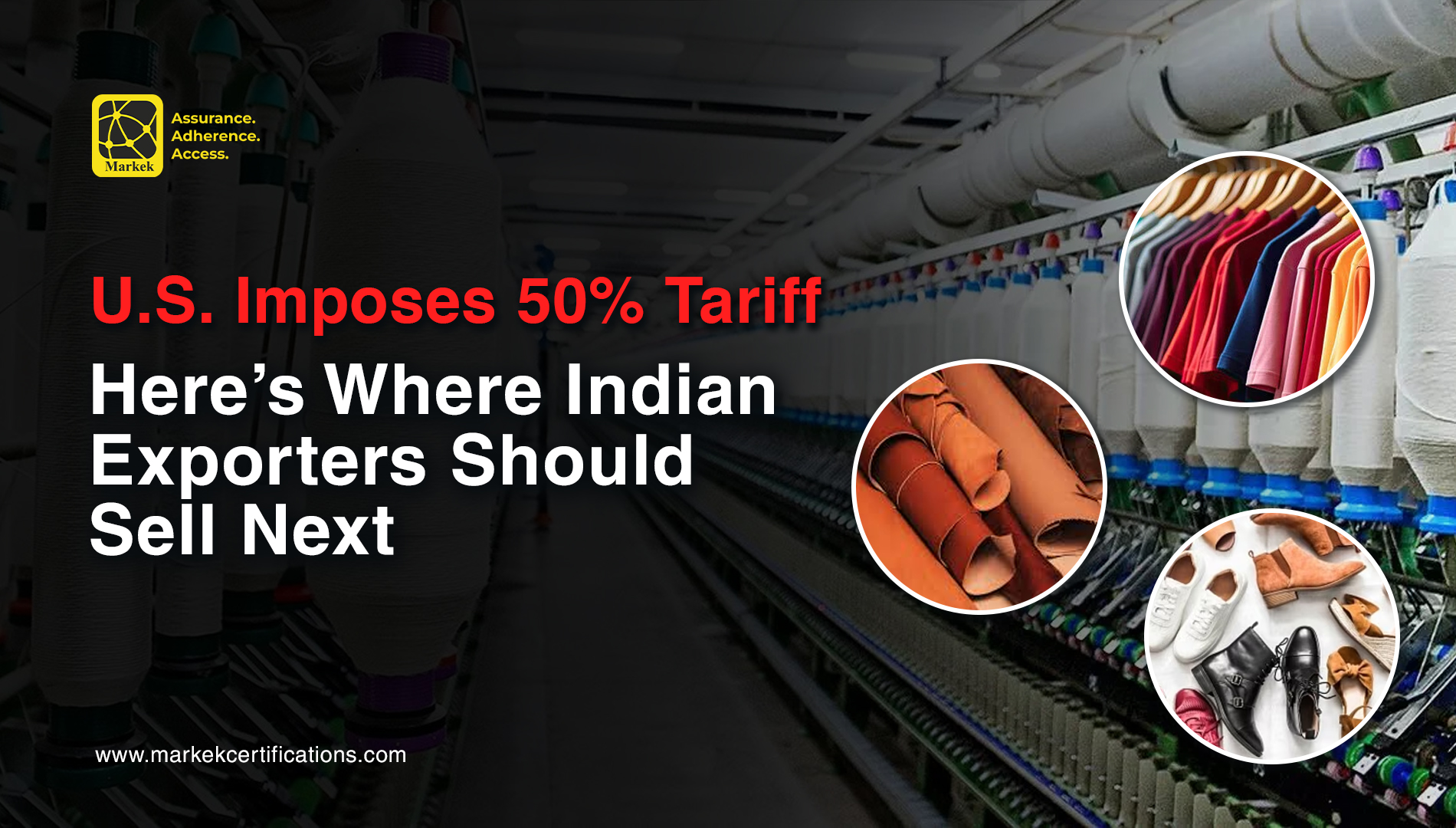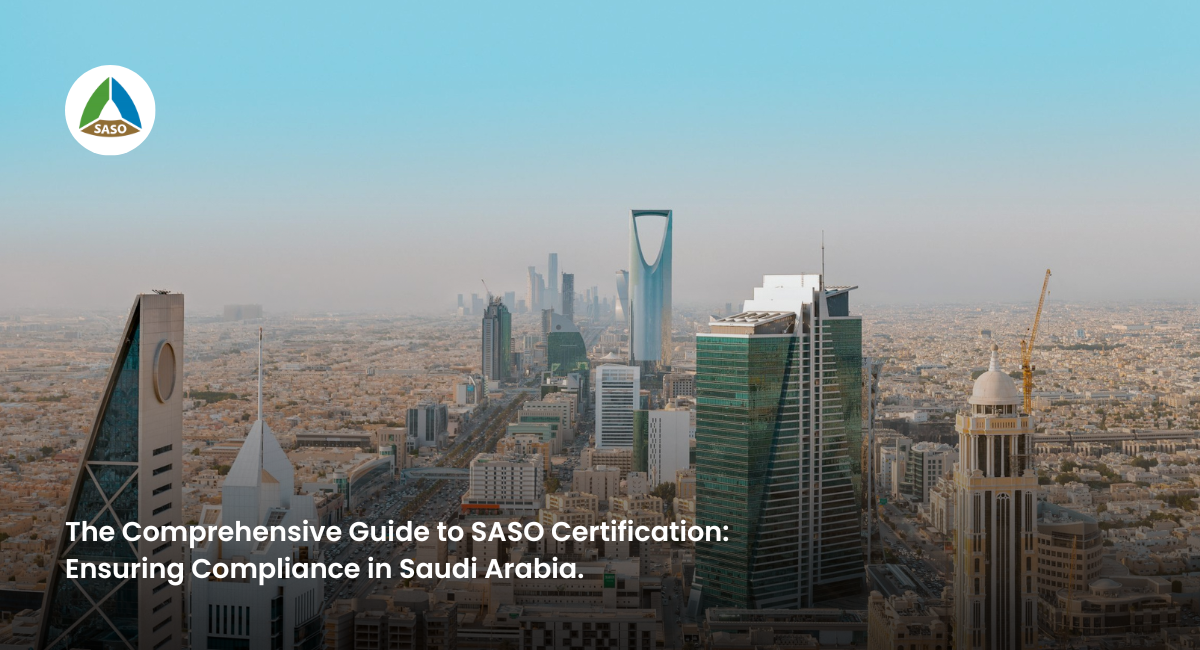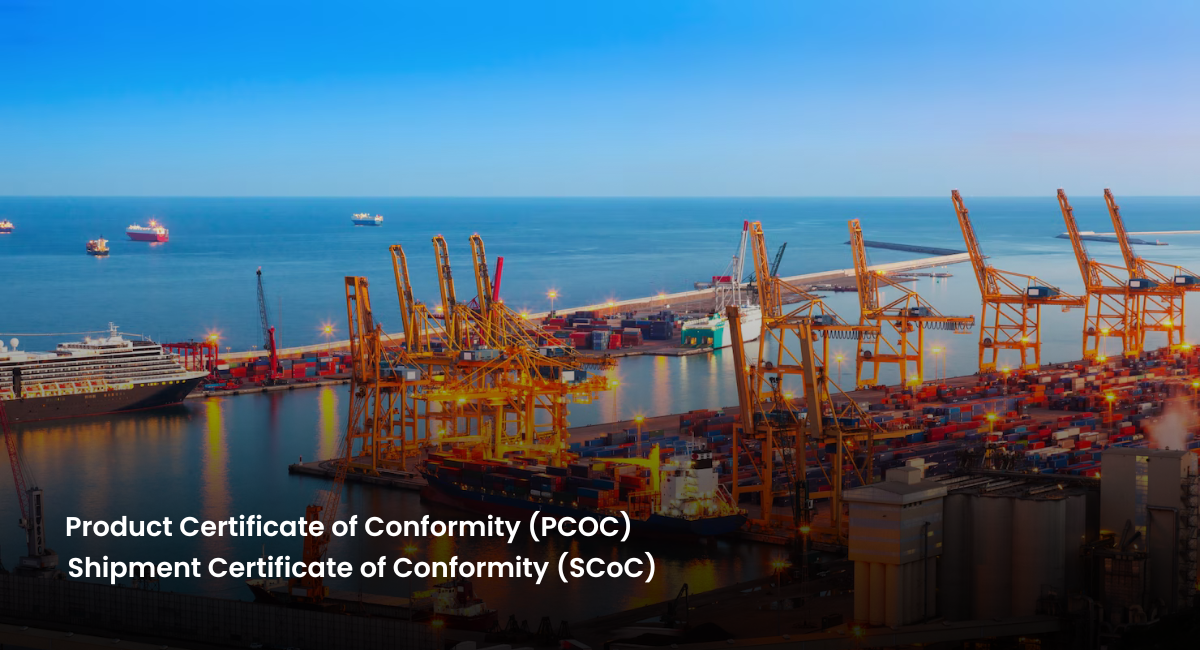
Overview of Compliance in India
India has a structured regulatory framework governing product safety, quality, and market entry. Compliance with national standards is mandatory for businesses across industries to ensure legal trade and consumer protection. Companies must adhere to various certification requirements before manufacturing, importing, or selling products in the Indian market.
Regulatory Authorities Governing Product Compliance in India
India’s certification system is managed by multiple regulatory bodies that ensure safety, efficiency, and legal compliance for various industries.
Key Regulatory Authorities
- Bureau of Indian Standards (BIS) – Ensures product safety & quality standards
- Telecommunication Engineering Centre (TEC) – Regulates telecom & wireless certification.
- Wireless Planning & Coordination (WPC) – Manages approvals for wireless devices
- Food Safety and Standards Authority of India (FSSAI) – Oversees food safety compliance.
- Central Drugs Standard Control Organization (CDSCO) – Governs pharmaceutical & medical device approvals.
| Certification Image | Certification Name | Applicable Industry | Applicable Industry |
|---|---|---|---|

|
BIS ISI Certification | Manufacturing, Consumer Goods, Electrical & Electronics | Manufacturers of electrical, mechanical & household products |

|
BIS CRS Registration | Electronics & IT Hardware | IT, electronics, and audio-video products |

|
FMCS Certification | Foreign Manufacturers Exporting to India | Foreign manufacturers exporting to India under BIS FMCS scheme |

|
TEC MTCTE Certification | Telecom & Wireless Products | Telecom, networking, and communication devices |

|
WPC Approval | Wireless, Radio Frequency Devices | Wireless equipment like Bluetooth, Wi-Fi, RFID, etc. |

|
BEE Star Rating | Energy Efficiency & Appliances | Energy-efficient products like air conditioners, refrigerators |

|
FSSAI Food Safety License | Food & Beverages | Food importers, processors, and manufacturers |

|
CDSCO Drug & Medical Device Approval | Pharmaceuticals & Medical Devices | Drug, medical device, and cosmetic manufacturers |

|
ARAI Certification | Automotive & Auto Components | Vehicle manufacturers, spare parts & safety compliance |

|
EPR Certification | Waste Management & Recycling | Brands & manufacturers dealing with electronic & plastic waste |

|
PESO Certification | Petroleum, Explosives, Hazardous Chemicals | Explosive, petroleum & gas equipment manufacturers |
Quick Links: Explore Product Certifications in India
- BIS ISI Certification – For domestic manufacturing & safety compliance.
- BIS CRS Registration – For electronics & IT compliance.
- FMCS Certification – For foreign manufacturers exporting to India
- TEC MTCTE Certification – For telecom & wireless products.
- WPC Approval – For radiofrequency & wireless devices
- BEE Star Rating – For energy efficiency compliance.
- FSSAI Food Safety License – For food & beverage safety compliance.
- CDSCO Drug & Medical Device Approval – For healthcare & pharmaceutical products.
Frequently Asked Questions (FAQS) About Compliance in Saudi Arabia
Is SASO certification mandatory for all products imported into Saudi Arabia?
No, but many product categories require SASO approval through the SABER system before import.
How long does it take to obtain SASO certification?
No, but many product categories require SASO approval through the SABER system before import.
What is SABER, and why is it required?
No, but many product categories require SASO approval through the SABER system before import.
Do food and beverages require SFDA approval before being sold in Saudi Arabia?
No, but many product categories require SASO approval through the SABER system before import.
Is G-Mark required for all electrical products?
No, but many product categories require SASO approval through the SABER system before import.
How can I check if my product needs certification in Saudi Arabia?
No, but many product categories require SASO approval through the SABER system before import.
What happens if a product does not comply with Saudi regulations?
No, but many product categories require SASO approval through the SABER system before import.



